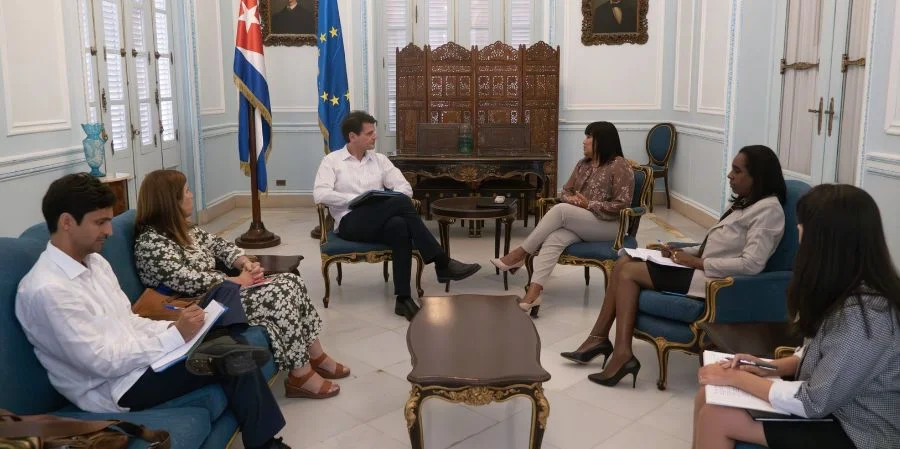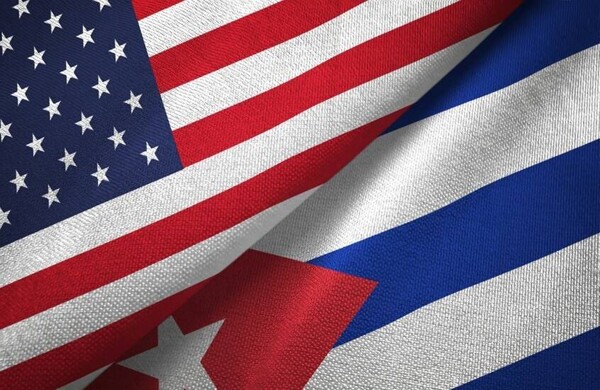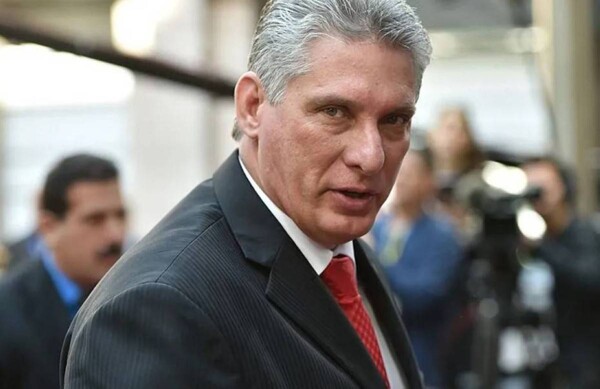
The Cuban regime has celebrated a "very advanced phase" in the implementation of the Political Dialogue and Cooperation Agreement with the European Union. Despite this apparent good rapport between both parties, this agreement has been the subject of criticism from various sectors.
According to Cuban authorities, significant advances have been made in bilateral cooperation, especially in areas such as trade, investment, and political dialogue. However, civil society organizations and the internal opposition have questioned the effectiveness of this agreement, pointing to the lack of concrete advances in terms of human rights and democracy.
In this regard, various voices have expressed their concern about the situation of civil and political rights on the island, as well as the repression of freedom of expression and association. Although the European Union has emphasized the importance of dialogue as a way to promote change in Cuba, some sectors believe that the Political Dialogue and Cooperation Agreement has not managed to generate significant improvements in these areas.
In light of this situation, Cuban civil society and the opposition have urged the European Union to maintain a firm stance in defending human rights on the island and not to relent in its demands for democratization and political openness. Meanwhile, the Cuban government continues to celebrate the progress in the implementation of this agreement, highlighting the benefits it can bring to the island in terms of development and international cooperation.














